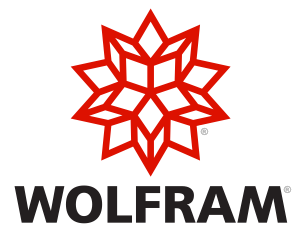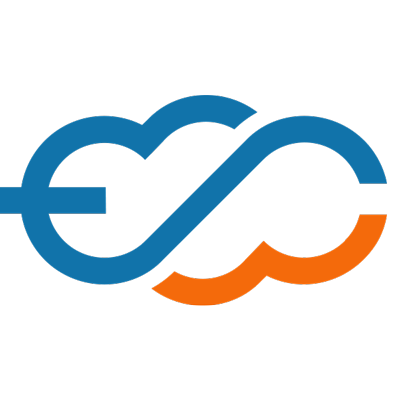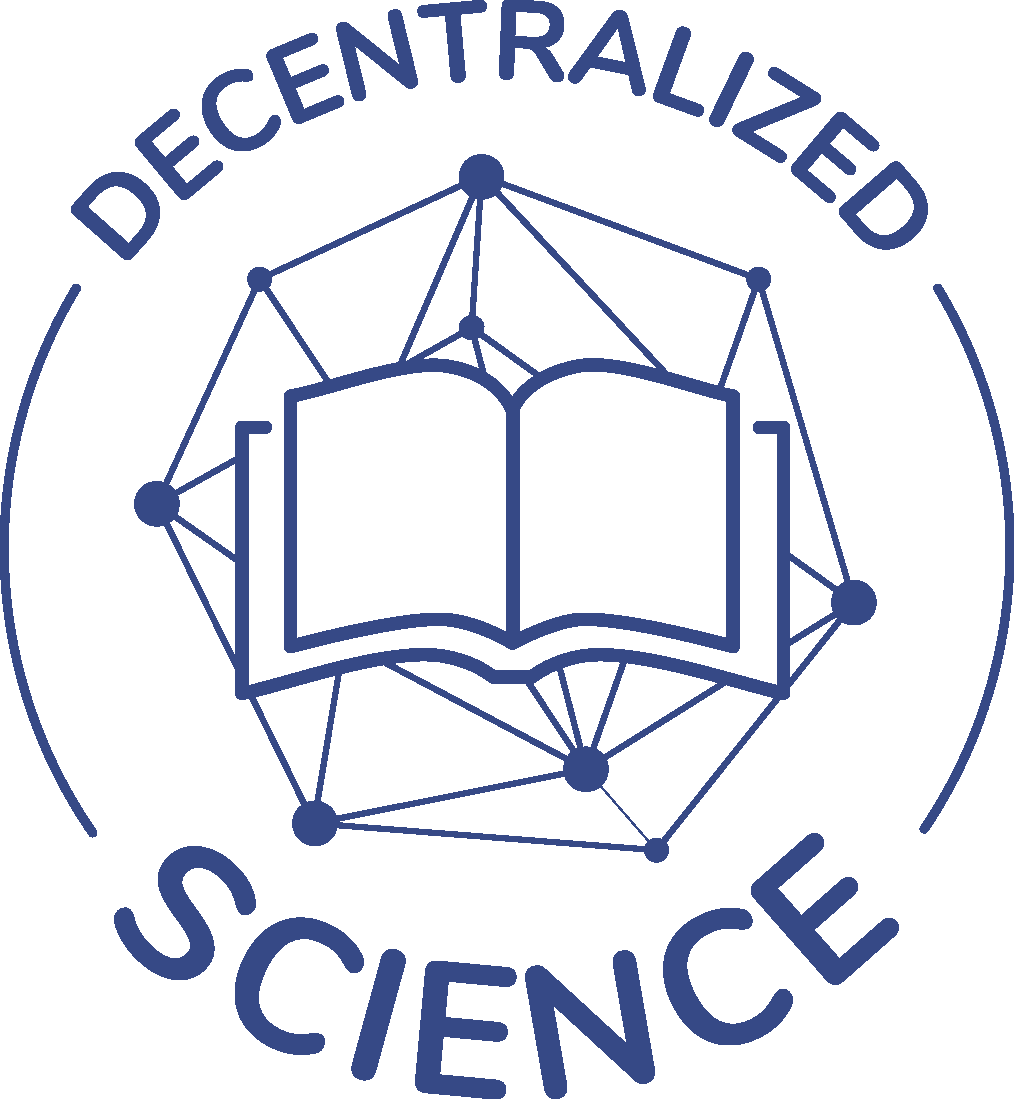We are happy to announce that the bloxberg network is being used for many independent dApps and Apps. Since the bloxberg blockchain is open to everyone to built applications on top of, there has been a lot of so-called third parties running non-authority nodes and connecting them to the bloxberg network. Four of these third parties will be presenting at this year’s bloxberg summit which is taking place at the Harnack House in Berlin on March 2-4, 2020. The bloxberg summit is a conference of bloxberg consortium members, that is held to present and discuss current topics around the use of blockchain in a scientific context. The summit will be held by the MPDL this year.
The following parties will be presenting at the bloxberg summit 2020:

Wolfram Blockchain Labs (WBL) has developed a suite of functions in the Wolfram Language (WL) that provide straightforward reading and writing capabilities for different blockchains. These functions also provide a powerful environment for users to create custom analytical tools. In order for these services to work seamlessly, WBL hosts nodes from Bitcoin, Ethereum, ARK, and bloxberg in their high-performance cluster. This allows direct connections to blockchain nodes and smooth integration with the WL, for use either on the desktop (Mathematica) or cloud (Wolfram Cloud).

ARTiFACTS® is a platform designed to accelerate researcher recognition by securing the provenance of in-progress research outputs created by scientists and scholars and making these findings discoverable and citable among peers and colleagues. Transactions are registered on the blockchain; specifically, the bloxberg distributed ledger, using Smart Contracts to establish the proof-of-existence. The citation actions of scientists provide a permanent, valid, and immutable chain of record in real-time. Maintaining the provenance of research contributions and acknowledgments creates stronger incentives for scientists to share their work, enabling them to receive recognition for their contributions and security for their intellectual property. ARTiFACTS and bloxberg interoperability offer researchers control over when their works are shared and with whom, both pre-publication and upon publishing their findings.

Ethernity HODL UG is a young German startup that is experimenting with integrating blockchain and cloud computing technologies, focusing on the information security aspect. This technology is specifically useful in the scientific field. For scientists involved in scientific computing, getting provable and reproducible results for research papers is perhaps one of the biggest challenges. The mission of this project is to make a platform available where they can run their scientific computing tasks and attain "Proof of Execution". Using bloxberg, the "Proof of Execution" certifies the execution specific scientific computing task. Later, the execution can be verified and validated against the blockchain, which aids in the reproducibility of research.

Decentralized Science promotes transparency in peer-reviewing using technologies such as blockchain and IPFS. Using their system, reviewers can openly share their review reports and get reputation and rewards. The practice of revealing the reviewers’ reports (either anonymous or signed) is not new and has been promoted for years because it can improve the quality and fairness of peer-reviewing. Decentralized Science offers services such as a tool to find the best and most reliable reviewers for a specific paper, and a reputation system for reviewers to increase the recognition of their invisible work while increasing the fairness, quality, and timelines of their review reports. Their technology is open and decentralized, and will always belong to the academic community. Join the network and help them promote an open and transparent future for peer-reviewing!
More Info: bloxberg











